-
Kitchens As Metonyms For Familial Happiness In Literature
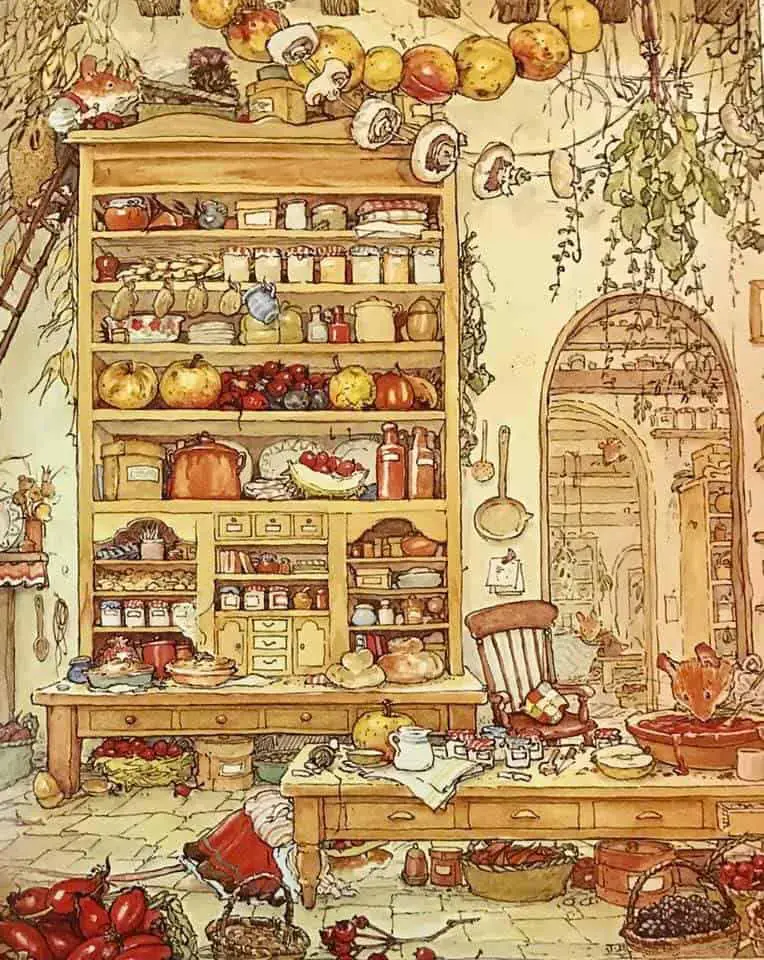
A warm, safe, lighted place.Hepzobah’s kitchen was always like that, and not only that evening. Coming I to it was like coming home on a bitter cold day to a bright, leaping fire. It was like the smell of bacon when you were hungry, loving arms when you were lonely; safety when you were scared…. […]
-
Symbolic Names In Storytelling
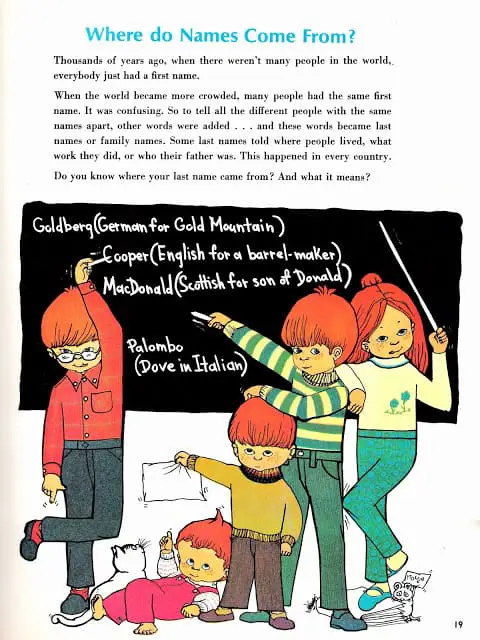
Generally speaking, a lot of thought goes into choosing character names. Sometimes a name is chosen because it is appropriate to the age of the character, culture and era. Sometimes the name is aesthetically pleasing. Sometimes the name is symbolic.
-
Witches In Children’s Literature
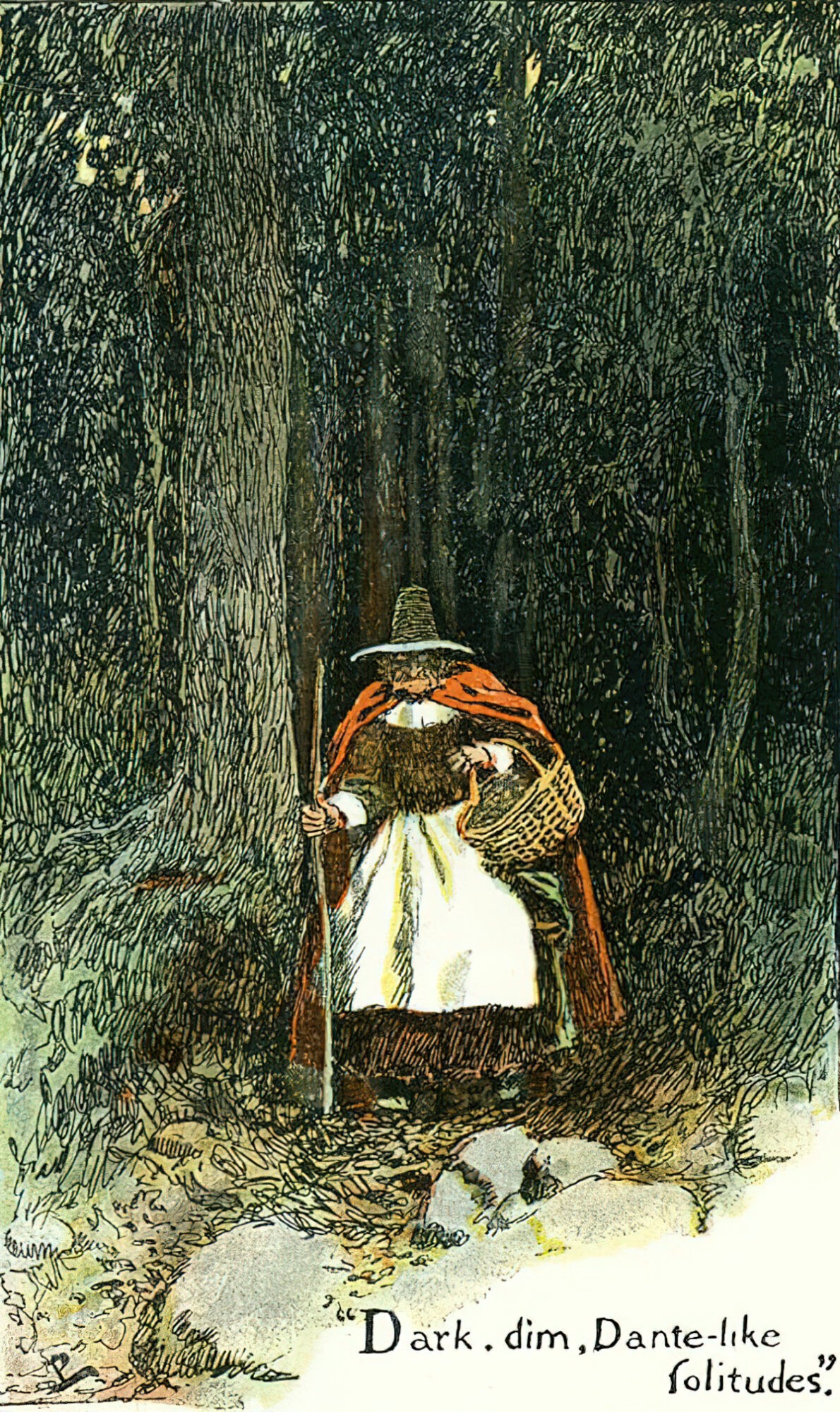
The Weirdness Of Using Witches In Modern Entertainment Witches are female equivalent of storybook pirates in that the character is based on something very real and disturbing. I’d like to append ‘in our past’ but very disturbingly, It’s 2013 And They’re Burning Witches. See also: Woman Brutally Murdered in Papua New Guinea After Being Accused of Sorcery, from […]
-
Jims and Jameses in Children’s Literature
Once there was a bad little boy whose name was Jim—though, if you will notice, you will find that bad little boys are nearly always called James in your Sunday-school books. It was strange, but still it was true, that this one was called Jim. Mark Twain, as the opening of a parody of Sunday […]
-
Female Beauty In Young Adult Literature
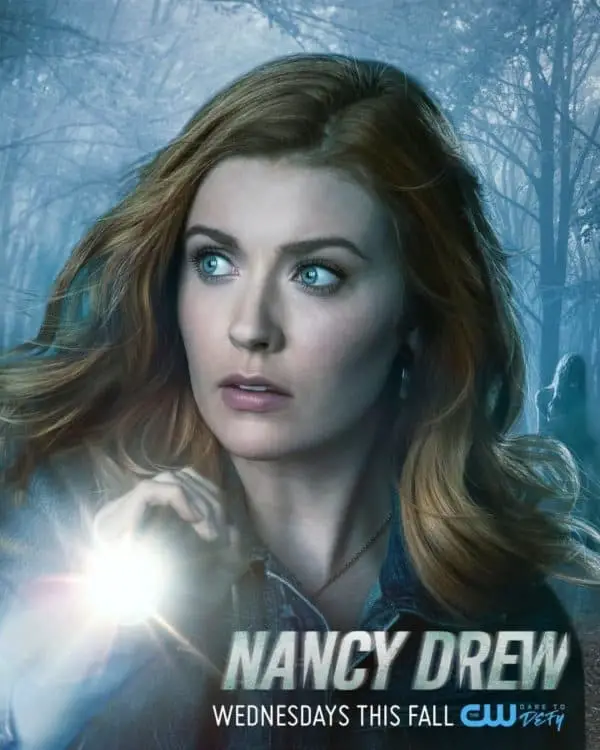
There is a rule in literature that good women are good looking. Though many have tried, it’s actually really hard to subvert this ideology. Many have tried and failed, because the tropes associated with beauty are so damn appealing.
-
The Hunger Games
It’s safe to say this post contains spoilers about The Hunger Games. Plenty has been said about The Hunger Games and I doubt I can add another single thing, but I have been collecting links on this for ages as they raced through my feed, refusing to read them until I’d seen the movie and […]
-
Gross-out Children’s Books
What Are Gross-out Books? Gross-out books are frequently classed as ‘trash‘ and rarely win the big awards, perhaps partly because they sell so well. Gross-out books fall into the category of ‘carnivalesque‘. In academic terms, these gross-out books might be called ‘carnivalesque-grotesque’. Carnivalesque-grotesque narratives directly address the personal and sociocultural anxieties induced by knowledge of […]
-
Men Reading Newspapers In Children’s Fiction
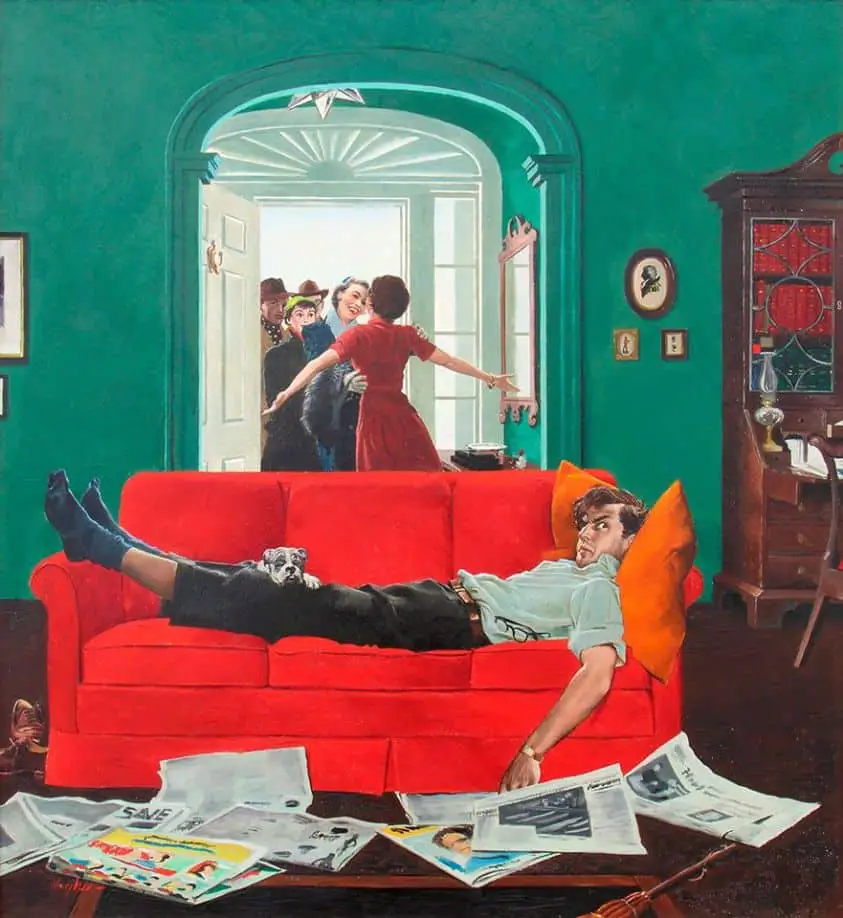
Boys studying for GCSEs were more likely than girls to read print products such as comics, with 38% saying they read newspapers at least once a month compared with 30% of girls of the same age. The Guardian In illustrations, men typically read newspapers. Women either read magazines, or busy themselves serving breakfast. The following […]
-
American Childhood From The Late 19th Century
American methods of child-rearing were far more lenient than in Britain. Although American ladies’ journals began to promote slenderness and weight control for women in the 1890s, it wasn’t considered necessary to restrict the diet of children. Medical experts advised parents to make sure their children — particularly boys — were not underweight. Between-meal snacks […]
-
English Childhood in the 18th and 19th Centuries
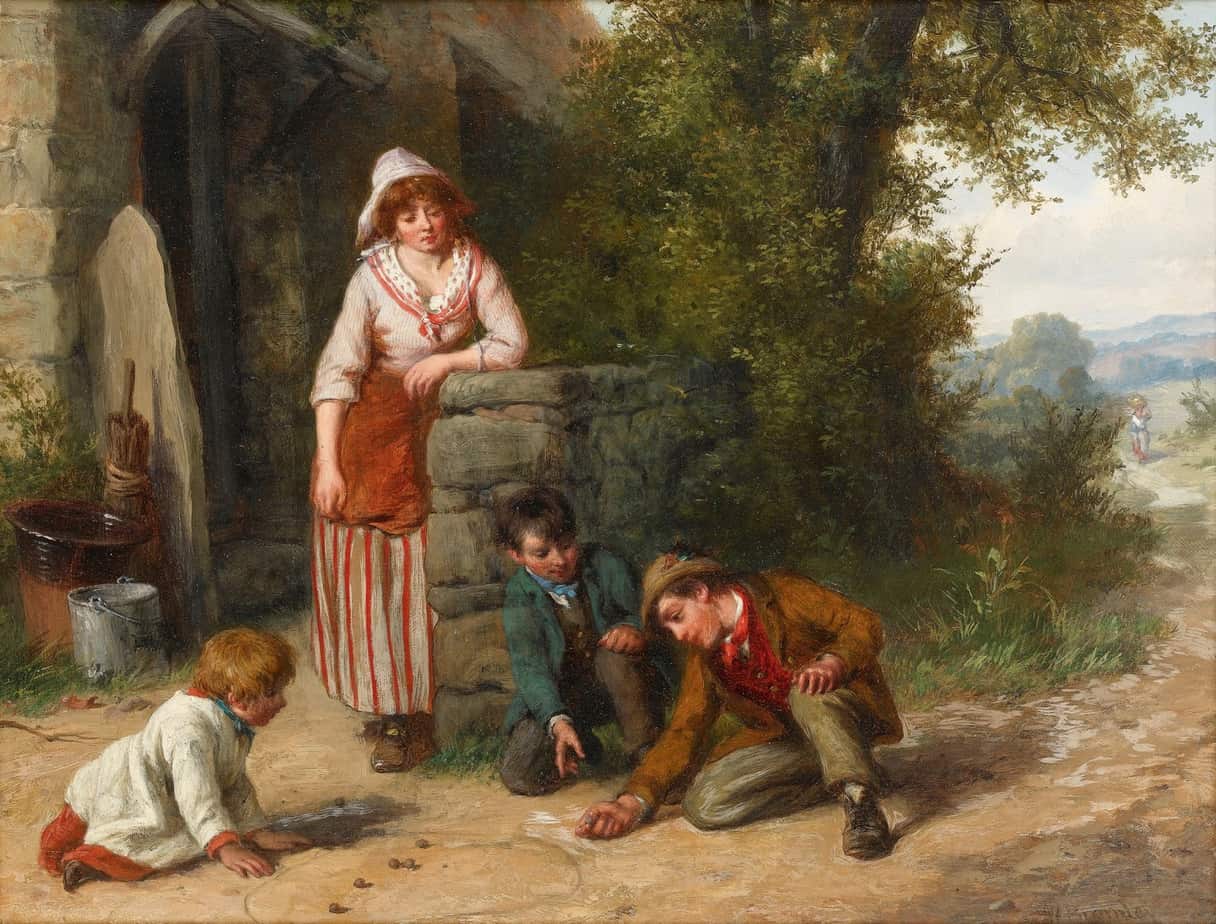
How was childhood different in 18th and 19th century England? The following points describe middle and upper class family life at that time. Children of the rural labouring classes relied for reading material on cheap chapbooks Chapbooks were passed from family to family School library books were all of the “goody goody, Sunday-school prize type” […]
-
Comparative Children’s Literature: The United States of America
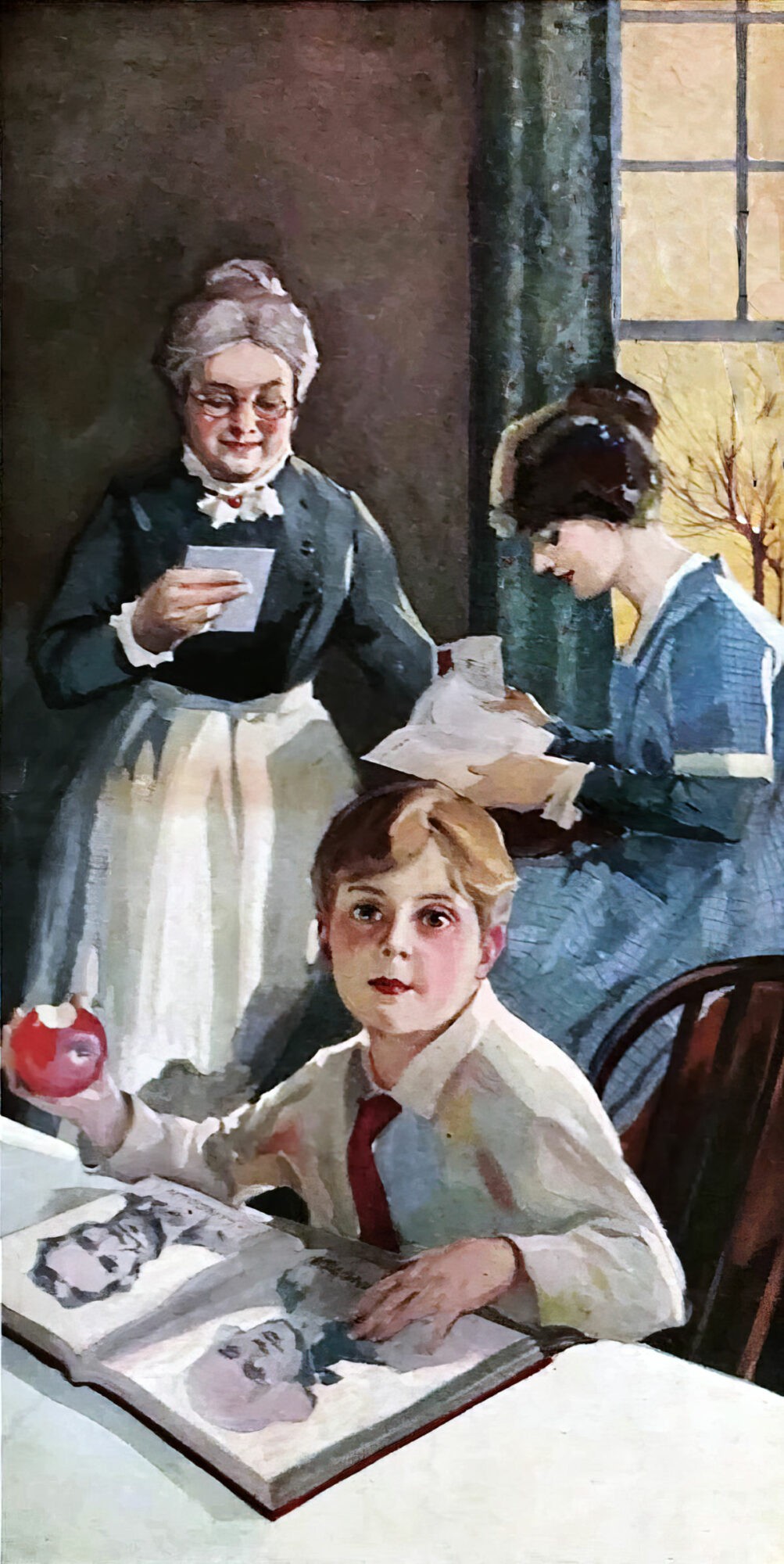
Best Loved Books
-
Comparative Children’s Literature: Britain
Best Selling Children’s Books In Britain A.A. Milne’s Winnie-the-pooh stories in the 1920s Peter Pan, which few children find readable today, was the first novel in which ordinary children enter a magic world and have an adventure there – something that readers of Alice in Wonderland, The Chronicles of Narnia, Harry Potter and His Dark […]
-
Once by Morris Gleitzman (2006)
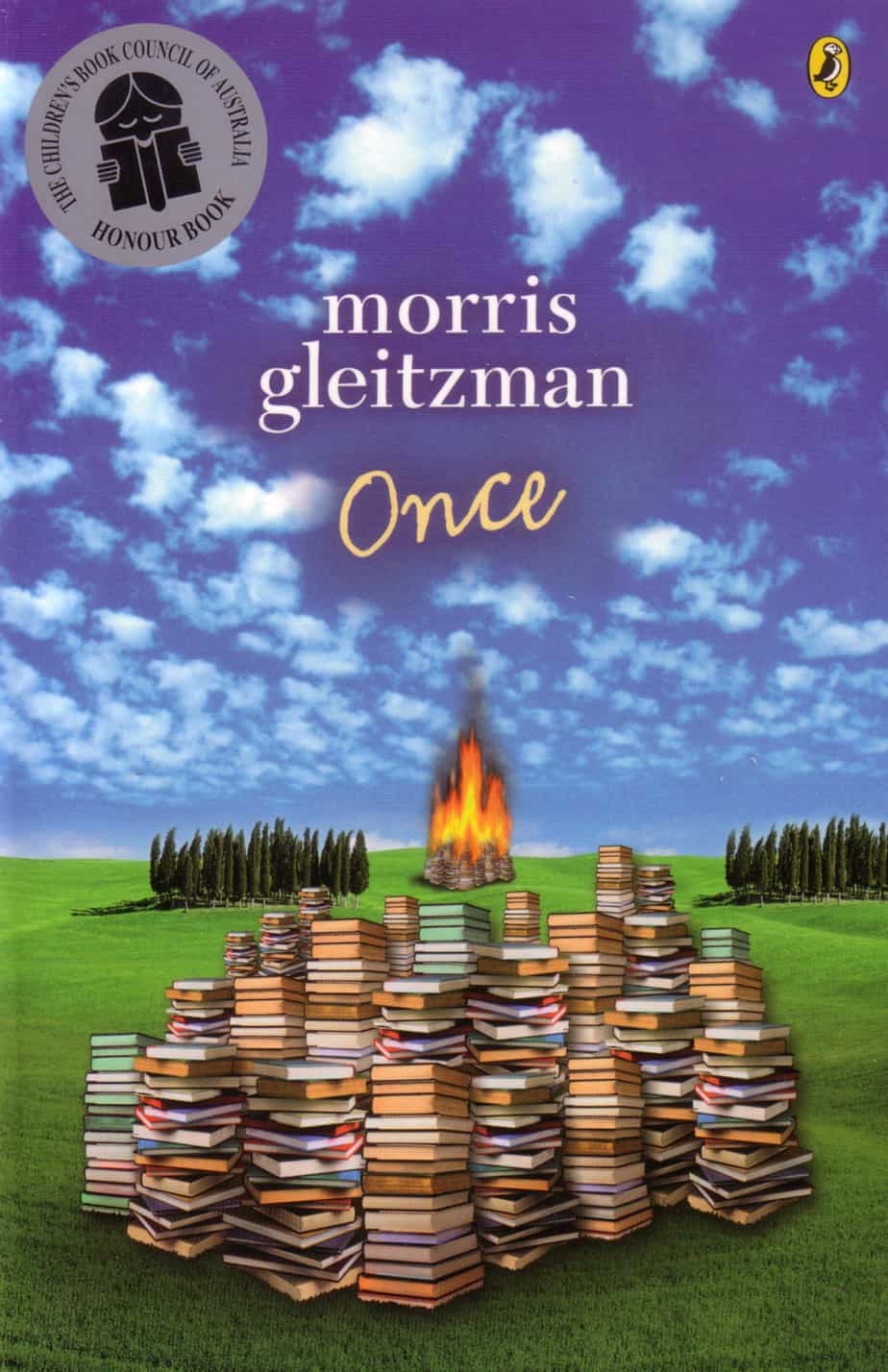
To celebrate the 10 year anniversary of Once by Maurice Gleitzman, an Australian middle grade novel by one of our best known children’s book authors, I’m going to take a close look at it using the 7-step story structure which applies to pretty much everything from advertisements to picture books to novels. The Redemptive Power […]
-
The Story Of The Little Mole Who Knew It Was None Of His Business by Holzwarth and Erlbruch Analysis
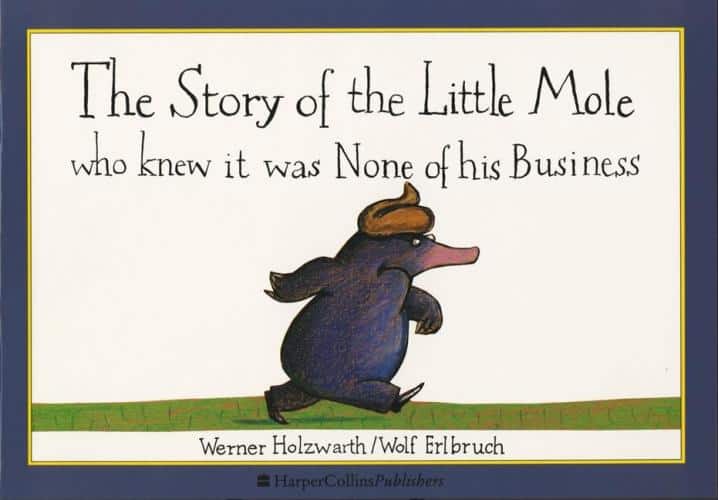
Whoever said ‘it’s impossible to rub a mole the wrong way’ had never met this little mole, who gets very salty and vengeful. Mind you, can’t say I’d be happy if someone pooped on my head, either. The Story of the Little Mole who knew it was None of his Business is a very popular picture […]